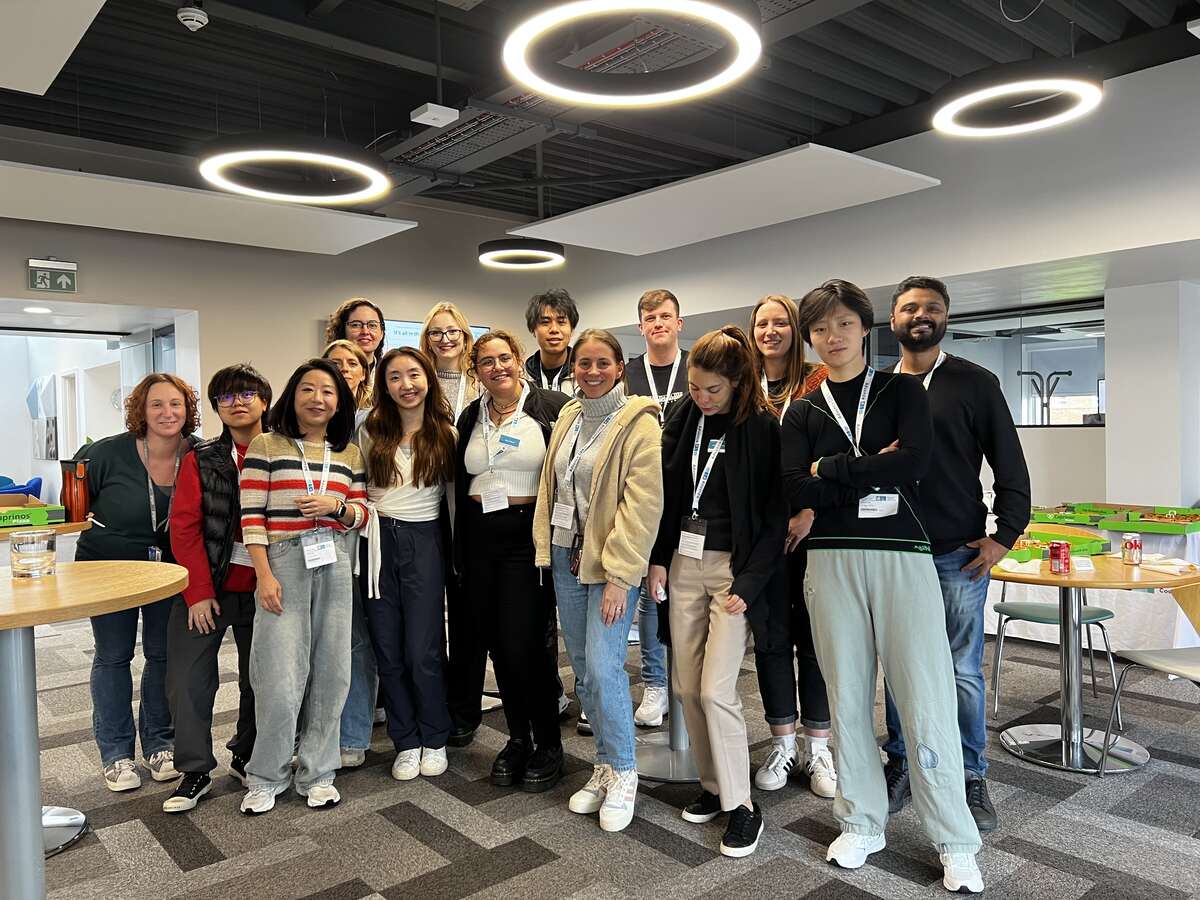Michelle (Shell) Stewart has been working at the MRC Harwell Institute for 14 years and has been running the courses in the Genetics training weeks for several years. Here, she tells us more about her role and the courses.
I am the scientific manager in the MLC My role is very varied but a large part of it includes looking after externally funded mouse projects – from designing experimental plans to working out breeding strategies and developing phenotyping platforms. I am also involved in the general management of the Mary Lyon Centre – working alongside other managers and technicians to ensure the unit runs smoothly on a day to day basis.
My background: I have A levels in Biology, chemistry and maths. After leaving sixth form I worked in a hospital laboratory and then started here as an animal technician in 2004. Since then I have completed a part-time degree in cell and molecular biology at Oxford Brookes University and have almost finished a PhD in Behavioural Neuroscience which should be complete this year. I was promoted to ward manager after three years as a technician and became responsible for the care and welfare of around 10,000 mice. Four years ago I was promoted to my current role as Scientific Manager. I have always been very interested in science and find genetics very interesting. What we are working on is really cutting edge that often no one knows about yet, being at the forefront of genetics research is really exciting.
Developing the genetics training course: A lot of what I know about animal husbandry I learnt on the job, however a lot of the genetics I learnt through my degree. The genetics isn’t so easy to pick up on the job and is one of the reasons it is being taught in this course. The aim of the first few days is to give people a solid grasp of the basics of inheritance and genetics. The end of the week focuses on the more complex genome editing technologies and their impact on husbandry regimes. These are more complex and also change quickly as new methods and practices are being developed all the time.
The Genetics training course at Harwell started in-house. We have been running this training internally for a few years with a large uptake. Many people have said they find the course very useful and that having a more thorough understanding helps them to do their job better and gives them greater job satisfaction. From speaking to people at meetings it seems this type of training is not offered in other places so there was a need for us to open this up to the wider community.
There are several aims of the course, firstly for technicians and researchers to understand how to manage colonies efficiently in order to produce well controlled and reproducible research. Secondly to increase the understanding for both technicians and researchers that need to work with some of the complex genome editing technologies. We run workshops during the courses that give people hands on practice at managing some examples of real life situations. The idea isn’t to lecture to everyone but to discuss and use the things we have talked about so they can be put into practice in their own colonies.
The course is very broad, it is unlikely anyone would attend all five days. Day 1 is a standalone course aimed at those new to biology and covers the basics of how inheritance works. It also introduces some of the language used in genetics research such as DNA, gene and protein. Days 2 and 3 cover the basics of managing genetically altered colonies of mice. This includes planning experimental breeds with genotyping ratios, numbers and time scales in order to produce a specific number of mice of a specific genotype. We also discuss some of the factors to take into account such as background strain, genetic integrity and long term maintenance of colonies. Days 4 and 5 Participants learn about more advanced technologies and techniques for making genetic alterations (such as genome editing and conditional transgenesis). This course also teaches the principles of colony management.
Who is this course aimed at? Day 1 Animal technicians and those new to genetics Days 2 and 3 Students and researchers new to mouse genetics, colony managers, breeding managers, senior animal technicians Days 4 and 5 Students, post-docs and researchers designing experiments using more advanced technologies
What are some of your hobbies and interests outside of work? I have just finished my PhD so am enjoying relaxing! Outside of work I enjoy mountain biking and doing exciting things with my 8 year old. For more information about the courses click here Book a course now



